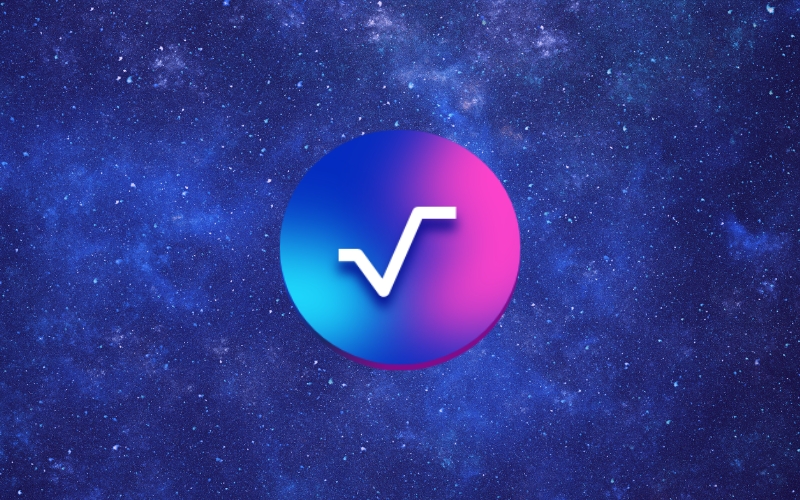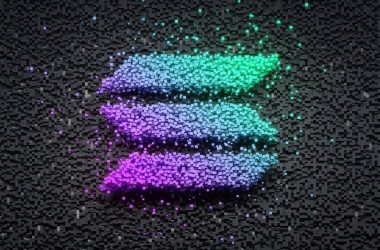- Radix is a DeFi-oriented blockchain, with a new way of handling assets, tokens and identities.
- Radix is fully KYC on the user side, offering bridging services to and from other blockchains.
- Smart contracts on Radix are using the Scrypto language, challenging Web3 developers with a new standard.
The financial side of Web3 remains highly important. Besides trading, GameFi is growing, with tools to monetize gameplay, but also hold assets securely, integrate seamless wallets, ensure liquidity, and more.
Radix is one of the sources for complete Web3 features to add financial tools to any app. The tools of Radix are also targeting developers directly with multiple building opportunities, as well as a user-facing marketing component.
Radix is a full decentralized network, a separate blockchain that also scales with new participants. In this aspect, Radix is similar to other L1 solutions like Avalanche. The main attraction for developers is the ability for scaling, as well as the potential rewards for all participants in the ecosystem.
Radix Offers Verified Bridging Services
The Radix network and ecosystem are relatively old, and aim to offer verified, transparent services. One of the main resources is a cross-chain bridging mechanism, as well as a user verification tool.
Radix is now calling for all users and developers to renew their KYC verification, or lose access to bridge services from the end of June.
But the main focus of Radix remains the ability of Web3 developers to build apps faster, with safe DeFi elements. Radix partners with Hacken for a safe, expert-led process of using blockchain finance in apps.
Radix uses the Scrypto smart contract language and has a unique approach to tokens and NFT. Instead of carrying balances in a smart contract, Radix offers an asset-centered architecture. This means Web3 developers will need a new approach, treating tokens and NFT as objects.
The end goal is to have a user wallet that contains assets in a way that a physical wallet can contain cash. Radix aims for an asset-centered Web3 toolset to simulate a more intuitive payment experience.
Radix also has a system of identity verification known as proof-of-badge. This means developers can create a token held in a user wallet, which will verify their identity. Some of the use cases may include game or app access, or transaction allow-listing.










